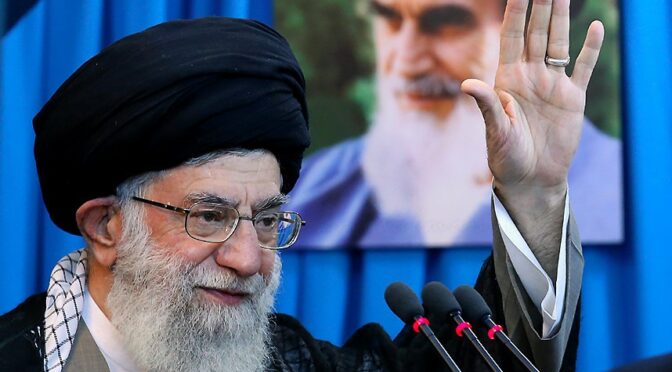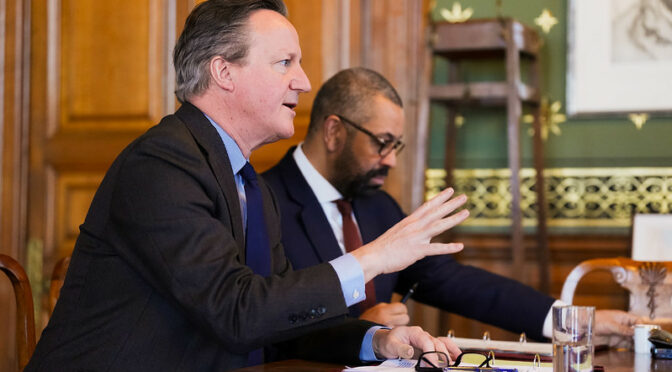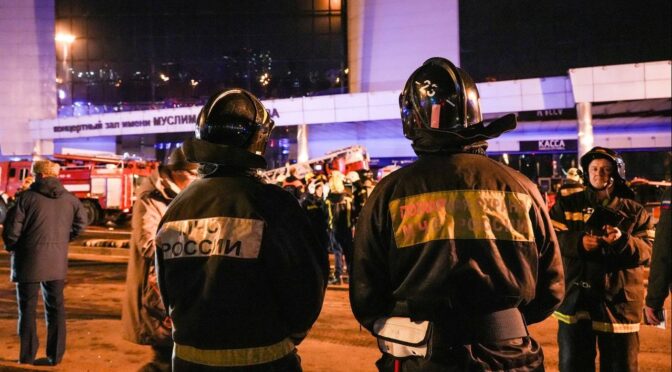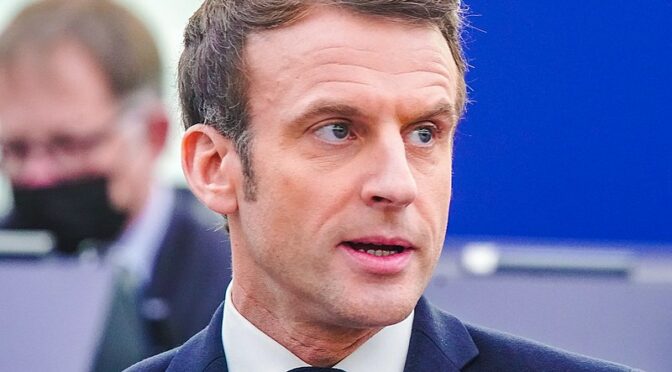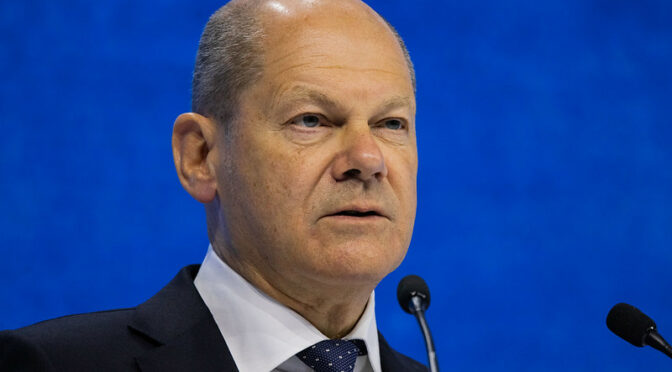Article published by Ynetnews.com, 3 April 2024. © Richard Kemp
The deaths of seven World Central Kitchen aid workers were a terrible tragedy. We can only admire the courage and humanity of these men and women, and others like them who work to alleviate the suffering of the civilian population, while knowing they could be killed or seriously wounded in a war zone where by definition nowhere can be safe. While combatants on both sides have an absolute duty to adhere to the laws of war and where possible avoid killing uninvolved civilians, the ultimate responsibility for all killings in this war — including the WCK workers — lies with Hamas.
The IDF has accepted direct responsibility for these deaths and initiated an independent investigation by the Fact Finding Assessment Mechanism. Until that investigation is complete we won’t know exactly how these strikes came about. However, knowing the ethos of the IDF and its strict adherence to the laws of war, it is unthinkable that the action was deliberately intended to kill aid workers.
Some have suggested, however, that was, in fact, the purpose of the strikes. But setting aside morality and legality, what would have been the gain in purposely killing aid workers? The understandably harsh global condemnation would have been entirely predictable by anyone contemplating such an evil plan.
Those who do say the strikes were obviously intended to kill the WCK workers because of the prominent vehicle markings have presumably never observed drone optics at night. Indeed the IDF Chief of Staff, Herzi Halevy, has said that a preliminary assessment shows the incident occurred as a result of ‘misidentification’.
The implication of that is whoever ordered and conducted the strikes believed the vehicles that were hit contained terrorists, suggesting incorrect intelligence or failure of surveillance, possibly compounded by human error. There are many variables. We don’t yet know whether those who conducted the strikes were acting according to IDF rules of engagement or were negligent. Sometimes soldiers and commanders behave recklessly or irresponsibly in all armies including the IDF.
Nor do we know whether accurate information on their movements was passed by the WCK staff or whether it was correctly understood by the IDF or shared with the strike commander. We do, however, know that differentiating between enemy forces and uninvolved civilians is made much more challenging by Hamas terrorists’ use of human shields, always moving and fighting in civilian clothes and sometimes using civilian vehicles such as ambulances and aid trucks.
Unfortunately, nightmares like this occur frequently in the fog of war, with its confusion, chaos, danger, death, destruction, mental overload, human pressure, and technical failure. For example, during President Biden’s withdrawal from Afghanistan in August 2021, a Continue reading

